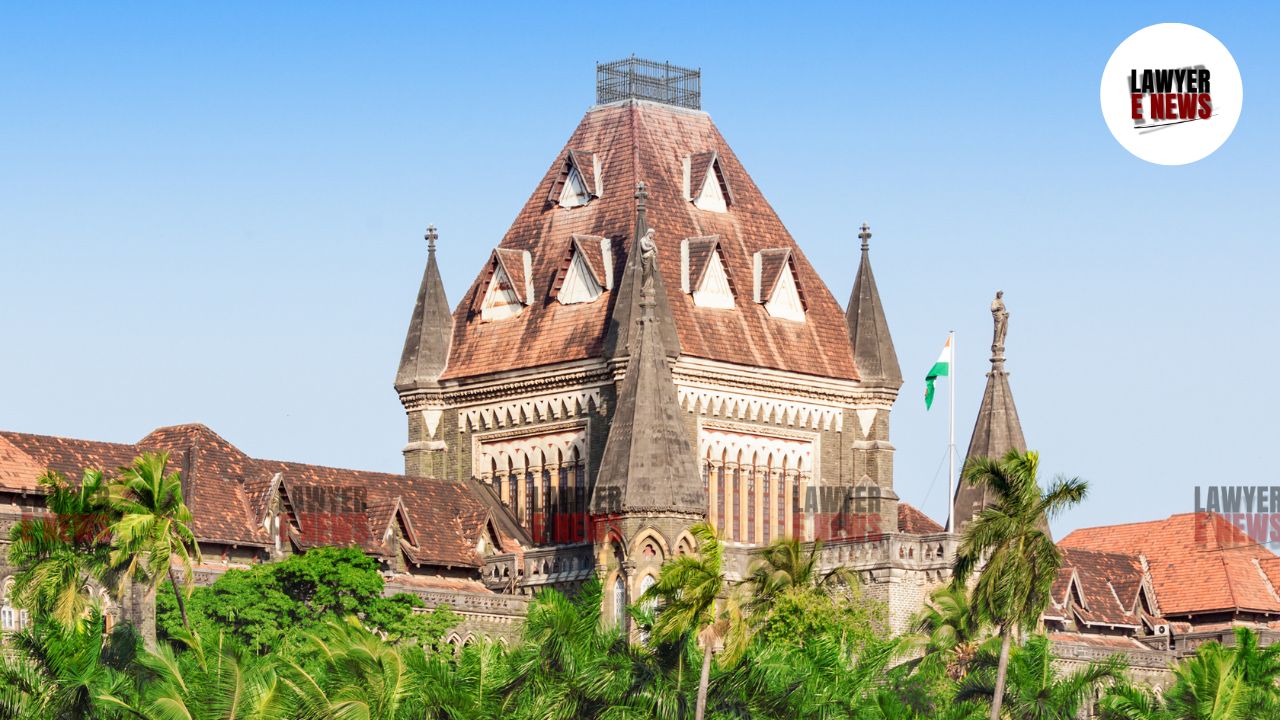-
by Admin
15 February 2026 2:36 AM



The court modified the conviction under Section 307 IPC to Section 323 IPC, sentencing the accused to six months of simple imprisonment. The Bombay High Court at Aurangabad has partially allowed the appeal of Jitendra Badrinaryan Toshniwal, reducing his conviction from attempted murder to simple assault. The judgment, delivered by Justice Abhay S. Waghwase, emphasizes that the medical evidence did not support the charge of attempted murder, leading to the modification of the sentence from five years of rigorous imprisonment to six months of simple imprisonment.
The case originated from an incident on April 20, 2001, when the informant, Rekha Sharma, was assaulted by Jitendra Toshniwal and another individual while traveling in a car. The assault was reportedly linked to previous conflicts between the informant and the accused's sister, Bharti. Rekha Sharma was beaten with a heavy object and thrown out of the car, sustaining injuries.
The High Court scrutinized the medical evidence provided by Dr. Subhash, who examined the informant and classified her injuries as simple. "The injuries noted by the medical officer were simple in nature and not life-threatening. There is no evidence to suggest that the assault had an intention to kill," the court observed.
Rekha Sharma's testimony, which described the assault and her subsequent actions, was found credible by the court. However, the absence of corroborative evidence from the truck driver who gave her a lift and the nature of the injuries led the court to conclude that the prosecution did not establish an intent to commit murder.
The court extensively discussed the principles of evaluating evidence in cases of assault. It reiterated that for a conviction under Section 307 IPC, there must be clear evidence of an intent to kill or knowledge that the act could cause death. "In the present case, the evidence does not support a charge under Section 307 IPC, but rather under Section 323 IPC for voluntary causing hurt," the court stated.
Justice Waghwase remarked, "The medical evidence defines the injury as simple and not life-threatening. Consequently, the charge of attempted murder cannot be sustained without evidence of intent or likelihood of causing death."
The High Court's decision to reduce the conviction underscores the importance of medical evidence in determining the severity of charges in assault cases. This judgment highlights the judiciary's role in ensuring that convictions align with the evidence presented. The modification of the sentence from five years to six months of simple imprisonment reflects the court's commitment to proportionality in sentencing.
Date of Decision: July 8, 2024
Jitendra Badrinaryan Toshniwal vs. State of Maharashtra
